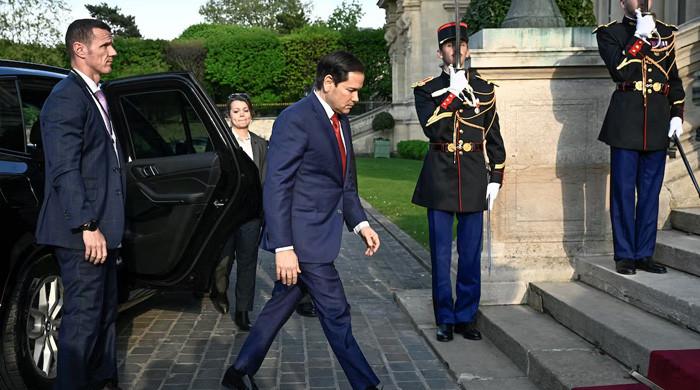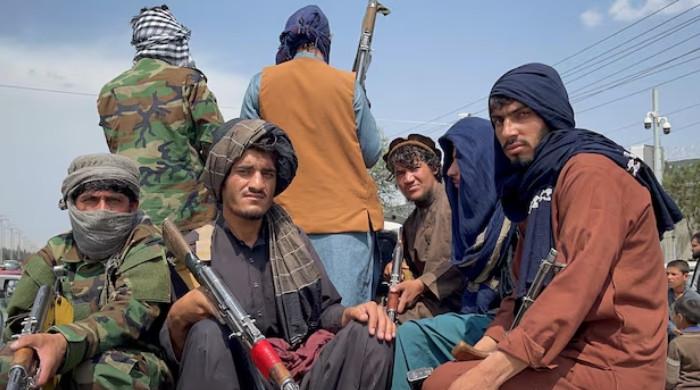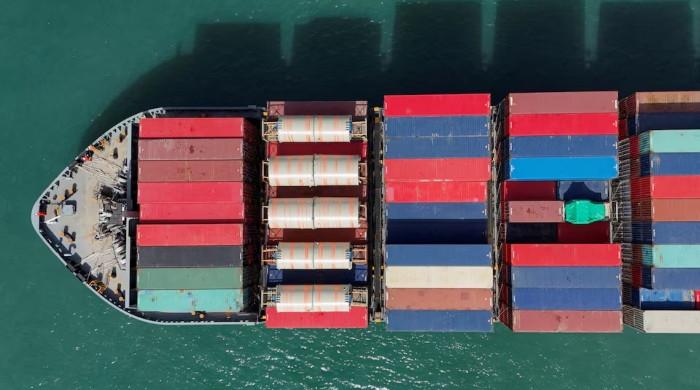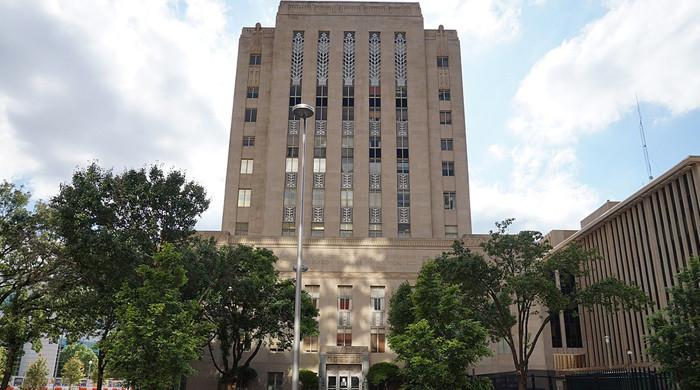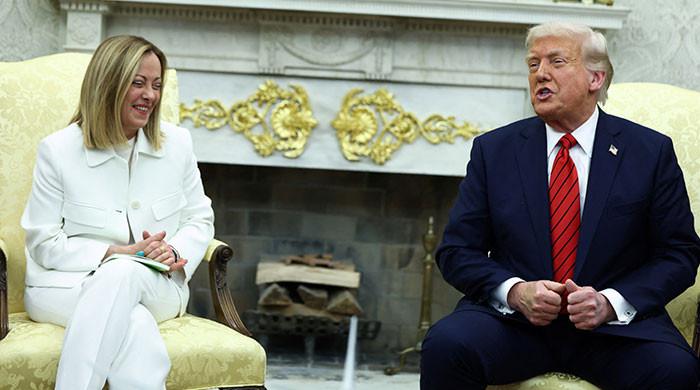Why is 'India Out' campaign simmering in Bangladesh after Maldives?
Stemming from the opposition’s accusations of India’s meddling in domestic politics, "India Out" drive is raging
April 03, 2024

After the Maldives, an "India Out" campaign is now churning in Bangladesh, dropping clues that the long bottled-up anti-Delhi sentiment is finally out and flooding the country.
Seemingly stemming from the opposition’s accusations of India’s meddling in the country's domestic politics, particularly the recent elections, which saw Prime Minister Sheikh Hasina Wajid securing another term, this drive is growing louder and louder.
The Southern Asian country harbours a long-standing anti-India sentiment, which has redoubled over the past decade, hitting a flashpoint with people pouring into the streets of Dhaka to celebrate India's defeat in the Cricket World Cup final in 2023.
Following the recent elections in Bangladesh, where Hasina walked away with her fourth term amid massive opposition protests, the "India Out" campaign saw an exponential escalation.
As part of this campaign, Bangladeshi diaspora and opposition parties have been fuelling this anti-India movement, strongly calling on the people to boycott Indian goods.
This drive has striking similarities to a bold initiative taken by the Maldives, where President Mohamed Muizzu used anti-India sentiment to clinch the helm of power.
Last month India started withdrawing military personnel surveillance aircraft in the Maldives after the new President Muizzu ordered them to leave, according to The Mihaaru newspaper.
President Muizzu, who was sworn in October 2023, raised the "India Out" slogan and vowed to boot out Indian forces deployed in the Maldives to keep an eye on its expansive waters. India agreed to pull out its 89 soldiers and their support staff from Maldives by May 10.
In Dhaka, this campaign has unfolded against the backdrop of India's historically strong ties with Hasina's government and strained relations with the opposition. This has led many to believe that India "likes" the incumbent political order in Dhaka.
Analysts say Bangladesh’s economy heavily relies on imports from India — $16.16 billion in fiscal year 2022. These imports include food, fuel, fertilizer, and industrial raw materials, and in case of a boycott or a drop in Indian imports could force Bangladesh to look to China for its domestic commercial needs.
It’s not clear, how far this campaign goes, but it cannot be disputed that Bangladesh is right now primed for a change of heart politically, exposing India’s blatant manipulation of regional government to its vested advantage.




